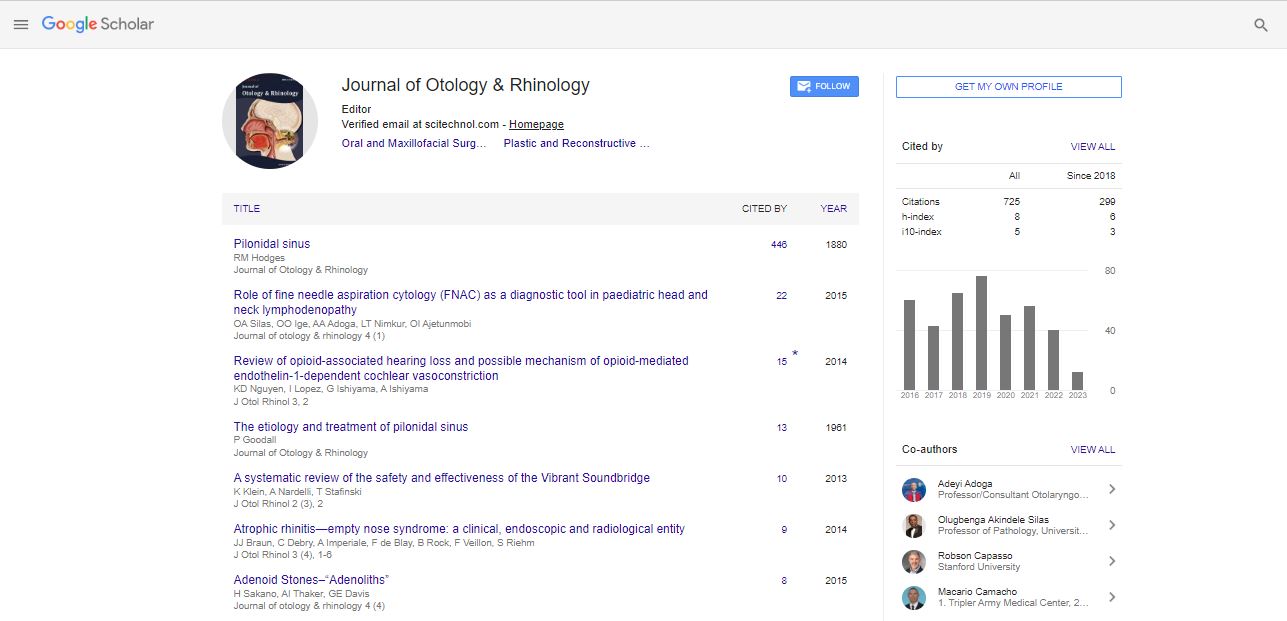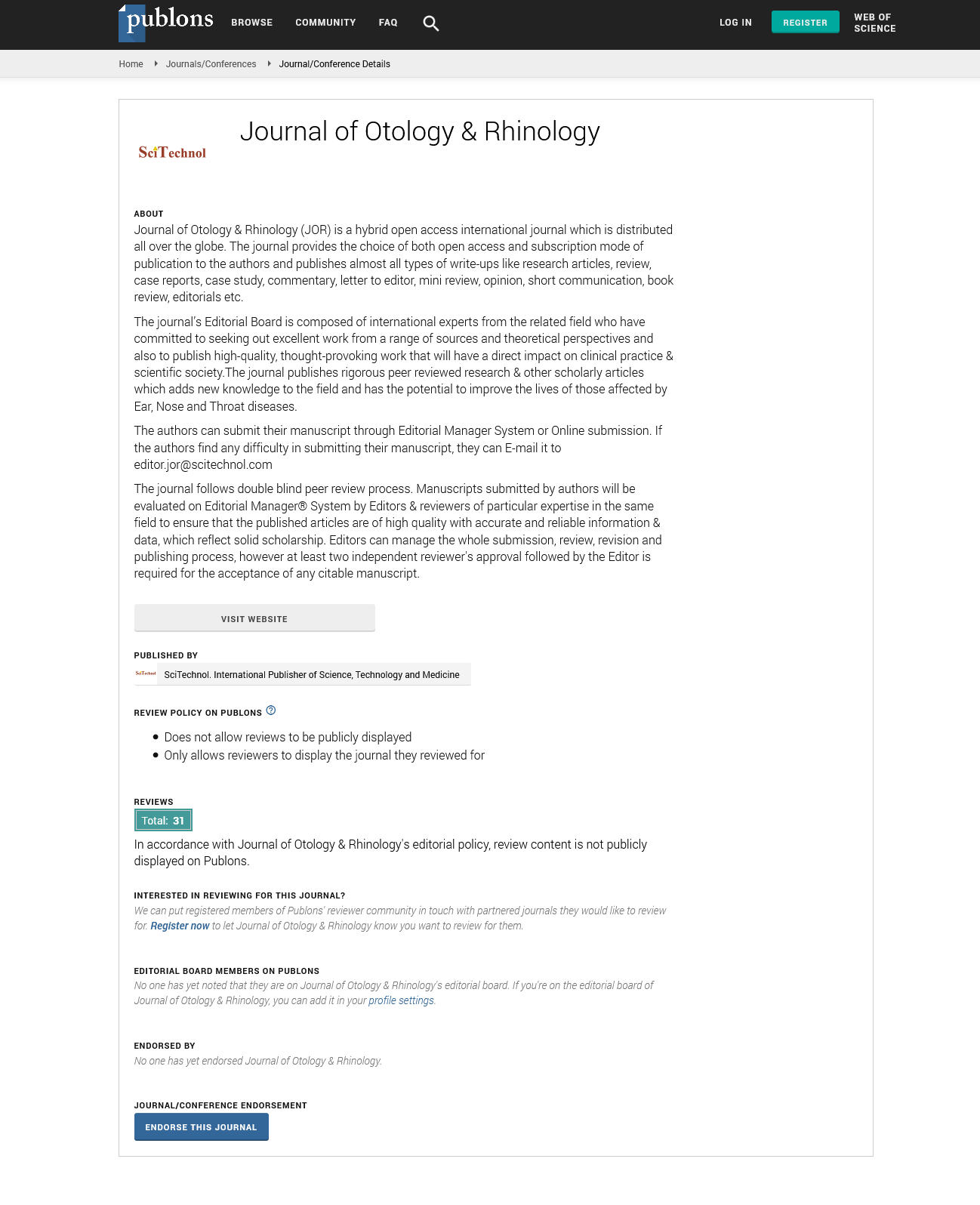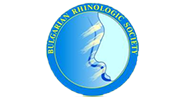How can we manage unstable occlusion in surgery-First orthognathic patients?
Hyeon-Shik Hwang
Chonnam National University, South Korea
: J Otol Rhinol
Abstract
Recently, the interest in surgery-first (SF) orthodontics is increasing among the practitioners since patients appreciate immediate improvement in facial appearance. Orthodontic tooth movement is easier and more physiologically favorable after surgical elimination of the skeletal disharmony. Despite many advantages, a drawback is that unstable occlusion is inevitable immediately after surgery in SF orthodontics. This could lead to surgical instability, and interfere with subsequent orthodontic treatment. This presentation will suggest how to manage unstable occlusion after surgery in surgery-first orthognathic patients. Proper clinical guidelines will be presented with typical clinical cases so that more patients can benefit from this unique approach. The learning objectives of the presentation are: 1. Recognize surgical instability which might interfere with following orthodontic treatment; 2. Understand how an unstable occlusion can be managed properly; 3. Expand the scope of successful surgery-first orthodontic treatment.
Biography
Hyeon-Shik Hwang is a Professor and Chairman of the Department of Orthodontics at Chonnam National University School of Dentistry, Gwangju, Korea. He received his DDS and PhD degrees from Yonsei University in Seoul, Korea. He has treated many adult patients focusing on esthetics and periodontal health and has developed many innovative clinical techniques to improve the effectiveness and efficiency of treatment to the benefit of both the patient and practitioner. He has developed many innovative devices for the evaluation of facial asymmetry 2- and 3-dimensionally. As the President of Korean Society of Surgery-first Orthodontics, he has given a number of lectures and provided hands-on courses on this topic. He, as a faculty at the university hospital, has maintained a successful clinical practice for 25 years. He is also recognized as the former Editor-in-Chief of Korean Journal of Orthodontics (KJO) which is well known as one of the SCI journals.
 Spanish
Spanish  Chinese
Chinese  Russian
Russian  German
German  French
French  Japanese
Japanese  Portuguese
Portuguese  Hindi
Hindi 


